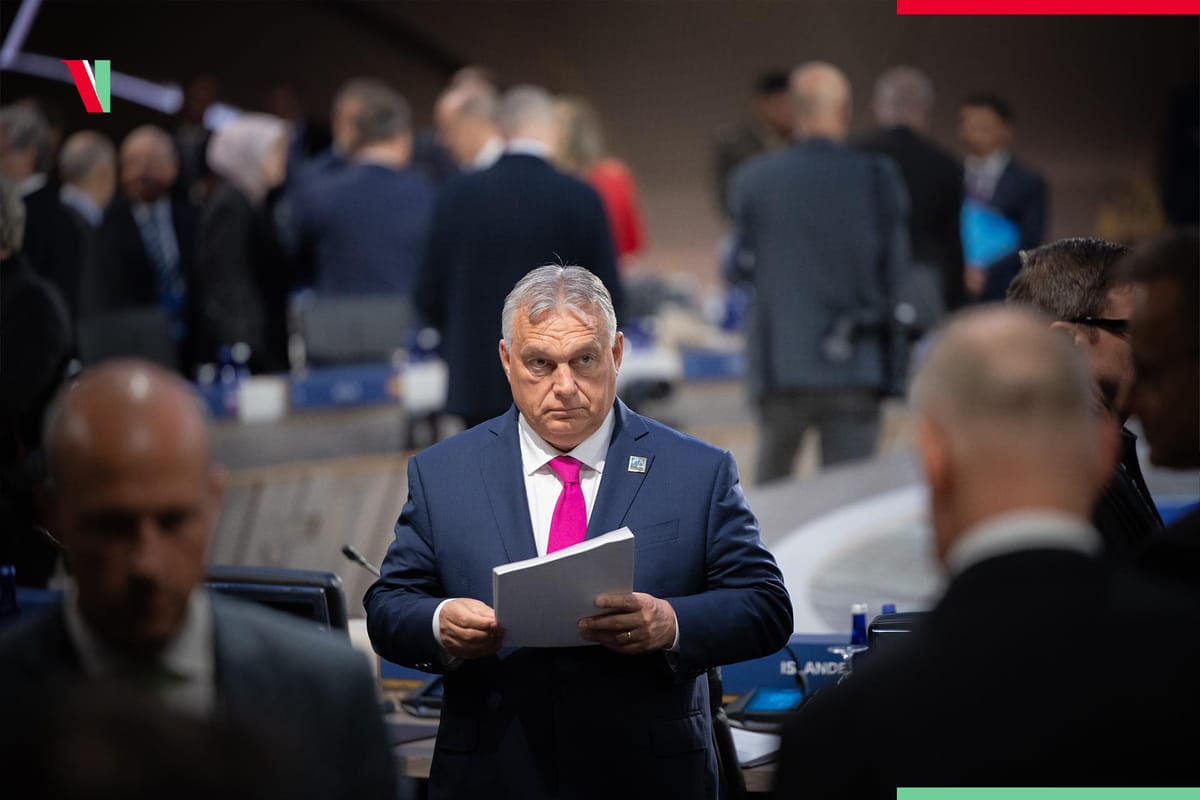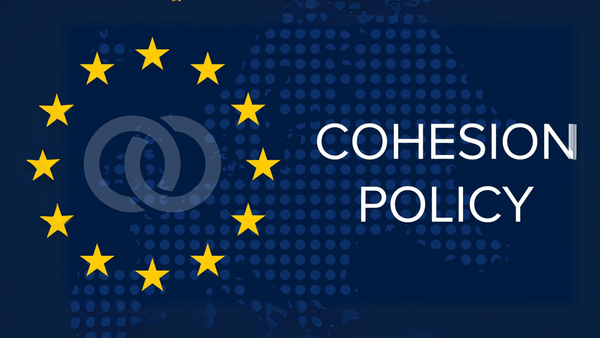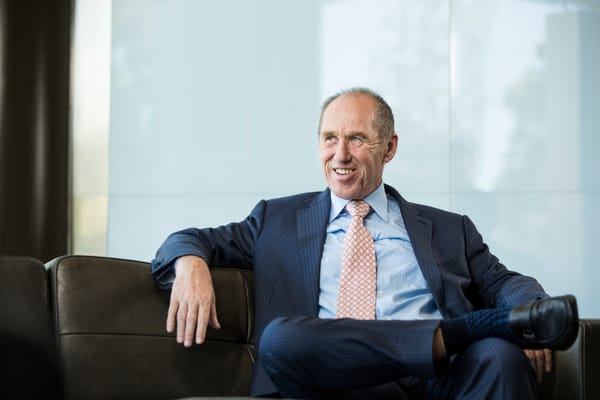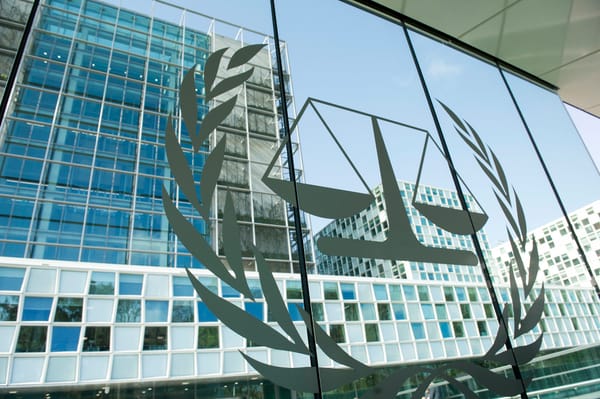
EU to boycott Hungary EU presidency
Several CEE countries including Estonia, Latvia, Lithuania and Poland will only send officials to the meetings being arranged in Budapest to mark Hungary’s EU six-month stint at the rotating presidency this month.
Discussions are ongoing in several other countries.
Hungarian Prime Minister Viktor Orbán has received a lot of criticism for his recent “peace trips” to Moscow and Beijing.
Within the liberal group in the EU Parliament, Renew, there are simultaneously demands to completely deprive Hungary of the presidency.
Hungary leads both formal council meetings in Brussels and informal meetings in Budapest from July 1 until the turn of the year. There, the EU countries are often represented by ministers, but July is otherwise a month when many are replaced by civil servants.
The chairmanship moves from country to country every six months according to a rotating schedule. The last time Sweden was chairman was at the beginning of 2023.
Hungarian meetings in July
As the country holding the presidency of the EU’s Council of Ministers, Hungary arranges a series of informal ministerial meetings in Budapest during the summer:
8–9 July: Ministers of business and industry, 11–12 July: Environment Ministers, 15–16 July: Energy Ministers, July 22–23: Ministers of the Interior and Justice, 24–25 July: Ministers of Health, 28–29 August: Foreign Ministers, 29–30 August: Defence Ministers.
Western European countries also unimpressed by Orban’s ‘peace mission”
NATO’s newest member Sweden will not send any ministers to Hungary during the Hungarian EU presidency, Swedish EU Minister Jessika Roswall announced. The country will instead be represented by civil servants. “The Hungarian actions during the presidency are harmful and must have consequences. Sweden will therefore not participate on a political level during the informal ministerial meetings in July,” writes Roswall in a comment to Swedish outlet TT.
Swedish Prime Minister Ulf Kristersson said that Orban is kidnapping the EU presidency in the Council of Ministers and using it for his own gain, not to represent the EU.





